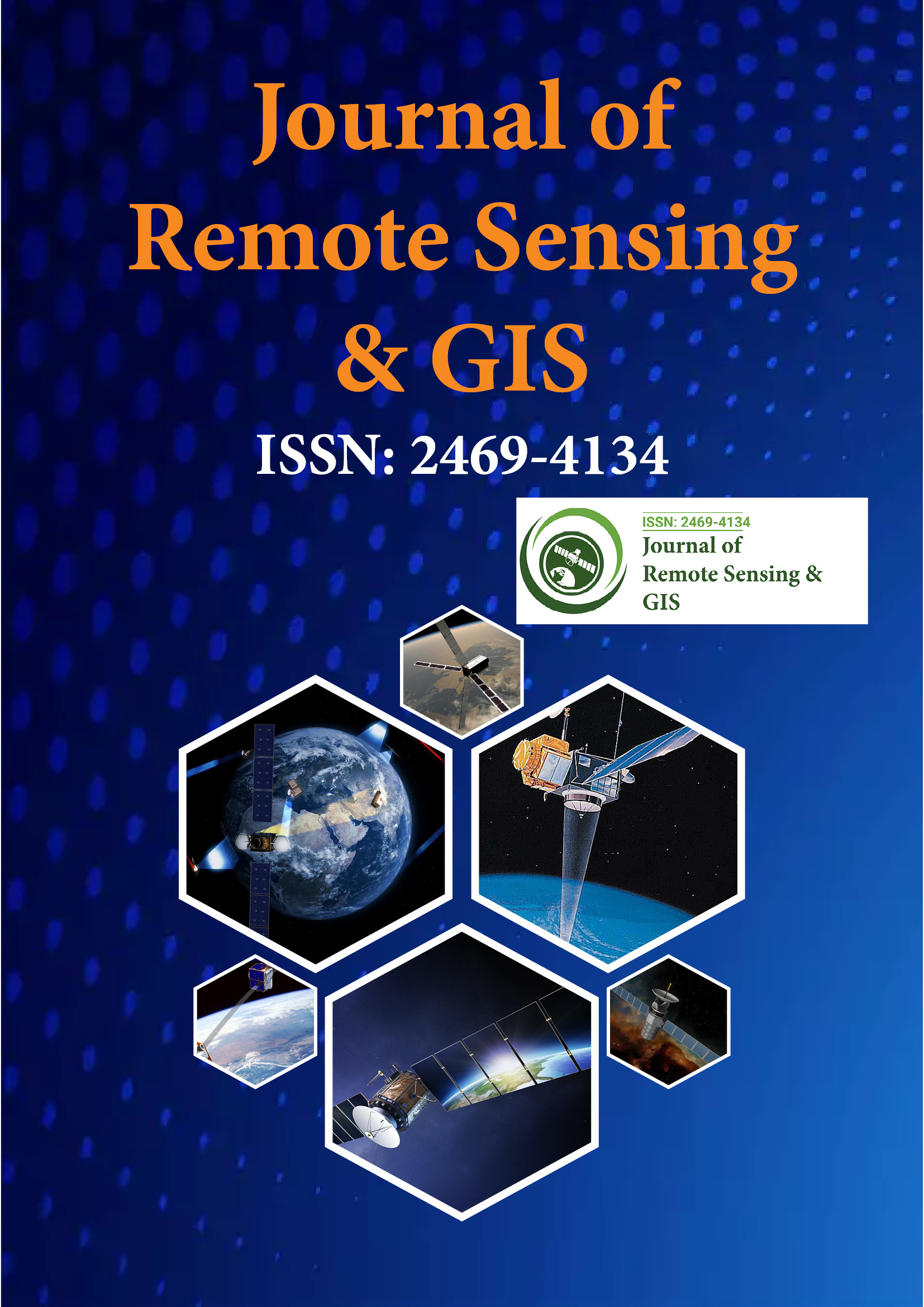Indexado em
- Abra o Portão J
- RefSeek
- Universidade de Hamdard
- EBSCO AZ
- OCLC- WorldCat
- publons
- Indexação Científica Internacional
- Euro Pub
- Google Scholar
Links Úteis
Compartilhe esta página
Folheto de jornal

Periódicos de Acesso Aberto
- Agro e Aquicultura
- Alimentos e Nutrição
- Bioinformática e Biologia de Sistemas
- Bioquímica
- Ciência de materiais
- Ciencias ambientais
- Ciências Clínicas
- Ciências Farmacêuticas
- Ciências gerais
- Ciências Médicas
- Cuidados de enfermagem e saúde
- Engenharia
- Genética e Biologia Molecular
- Gestão de negócios
- Imunologia e Microbiologia
- Neurociência e Psicologia
- Química
Abstrato
Um planeamento de infraestruturas de ecoturismo baseado em SIG para a promoção do turismo na selva Mahal de Bengala Ocidental
Srikanta Bhaya e Abhisek Chakrabarty
O ecoturismo é um dos setores que mais cresce na indústria do turismo atualmente. O mercado de férias na natureza está certamente a crescer. A Organização Mundial do Turismo (OMC) estimou que o turismo de natureza gera 7 por cento de todas as despesas com viagens internacionais, relações que o ecoturismo é amplamente utilizado hoje em dia, mas raramente é explicado. É frequentemente utilizado de forma intercambiável com outros termos, como turismo suave, turismo responsável e turismo de natureza. Em termos simples, o turismo ecológico significa simplesmente que a principal motivação para viajar é o desejo de ver o ecossistema no seu estado natural. Tanto em termos de vida selvagem como de população original, no entanto, o ecoturismo é muitas vezes considerado mais do que isso, com os seus proponentes a solicitarem que também esteja preocupado e que a vida da população local melhore, tendo em conta os efeitos do turismo. O presente estudo é uma tentativa de identificar potenciais locais de ecoturismo na Selva Mahal utilizando técnicas de Deteção Remota e SIG em áreas dominadas por florestas de Bengala Ocidental. A abordagem SIG de visualização é uma disciplina inovadora para reconhecer a avaliação do turismo pelo ‘Ecoturismo’, integrando dados espaciais e não espaciais. Após a identificação dos potenciais locais, foi elaborado um plano demonstrativo para o desenvolvimento do Ecoturismo com base nos recursos naturais disponíveis localmente.